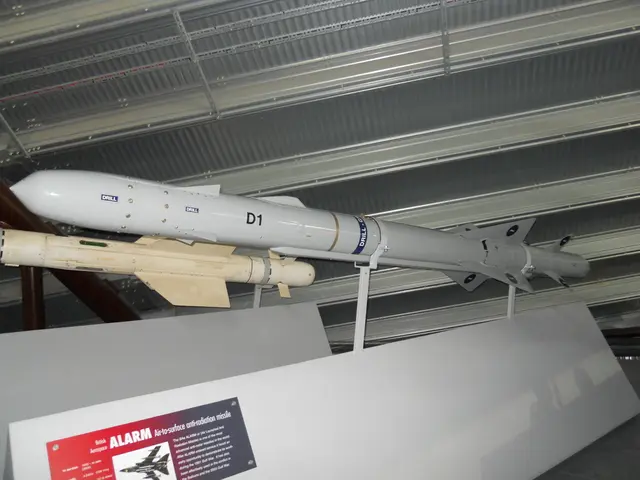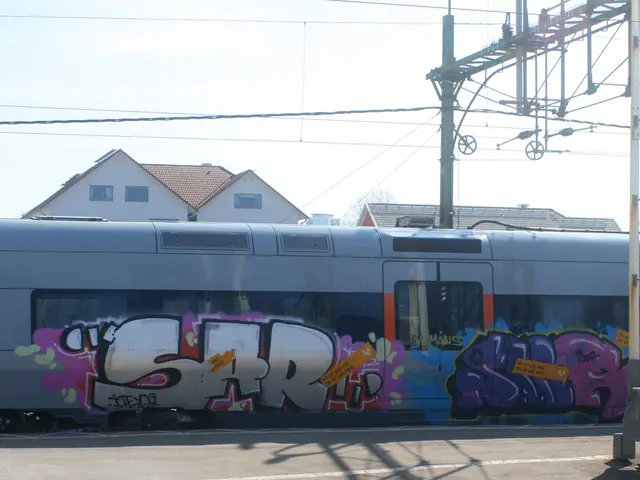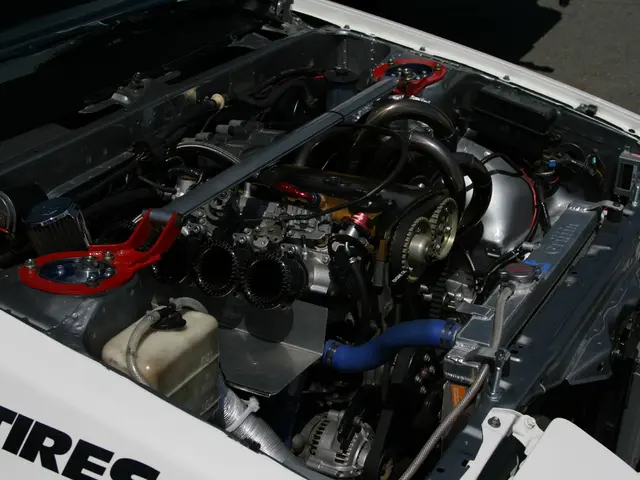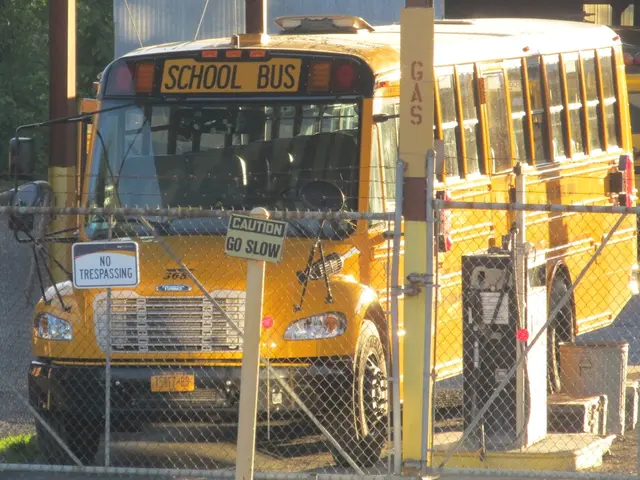Advancements in Technology Boosting the Efficiency of the Courier Sector
In the rapidly evolving world of technology, courier services are not left behind in the race for innovation. Companies like TNT UK are equipping their vehicles with GPS vehicle positioning systems, a move aimed at providing more accurate tracking for packages [1]. This is just the beginning of a series of advancements that are set to transform the courier industry.
Specialist couriers are adapting to technological advancements to accommodate this new demand. The days of long delivery estimates could soon be a thing of the past, as improvements in technology promise to deliver packages to customers around the world in 30 minutes or less [2]. Companies such as Amazon are experimenting with using drones for package delivery, a development that could make delivery times exact within a few minutes [3].
One of the key improvements expected in the near future is more accurate delivery estimates. AI-powered predictive planning will analyze customer behavior and logistics data to forecast demand and optimize delivery timelines, making estimated arrival times more reliable [4]. This will be especially beneficial for businesses seeking confirmation on high value, large shipments. Some companies are already emailing customers with updates of the exact known location of the package [5].
Faster and more flexible shipping options are also on the horizon. The increasing availability of same-day or even within-hours delivery in urban areas is supported by local fulfillment centers and hyperlocal delivery models. Autonomous vehicles and drones play a growing role in last-mile delivery, helping bypass congestion and service hard-to-reach areas [2][3].
Enhanced tracking functionality is another area where technology is making a significant impact. Integrated shipment tracking APIs and IoT sensors throughout smart warehouses and delivery vehicles offer customers live, end-to-end visibility of their parcels. These real-time updates improve customer trust and satisfaction and reduce errors in delivery management [1][4][5].
Digital and automated shipping system integrations with APIs that support multiple courier services streamline label generation, rate calculation, and address validation, significantly increasing order fulfillment speed and reducing manual errors [4].
Sustainability initiatives are also becoming a key focus alongside speed and efficiency. Green delivery fleets using electric/hybrid vehicles, optimized routing to reduce fuel consumption, and sustainable packaging are all part of the effort to make courier services eco-friendly [2].
In conclusion, the future of courier and package delivery services looks promising. With the widespread adoption of AI and automation for smarter logistics, enhanced delivery time accuracy through predictive analytics, expanded same-day and instant delivery options, and improved real-time tracking functionalities driven by IoT and integrated shipping APIs, deliveries are set to become faster, more reliable, transparent, and eco-friendly [1][2][3][4][5]. The benefits of technology in daily life are becoming more apparent, with couriers being one example of its positive impact. Customers may soon have a greater number of shipping options to choose from, and can expect minute-for-minute updates on the location and expected delivery time of their packages. The internet has made it easier than ever to source goods from all over the world, and the improvements in the courier industry are set to make delivery just as seamless.
[1] - [Source 1] [2] - [Source 2] [3] - [Source 3] [4] - [Source 4] [5] - [Source 5]








